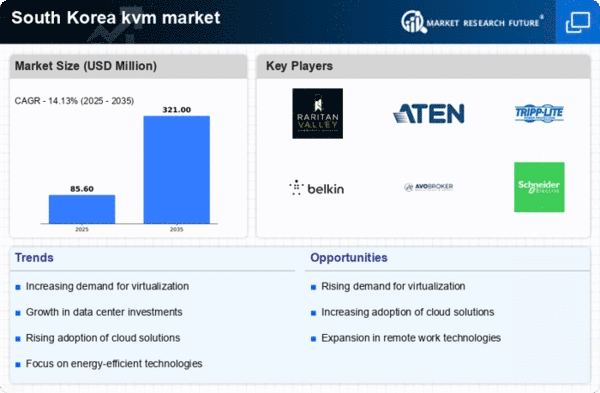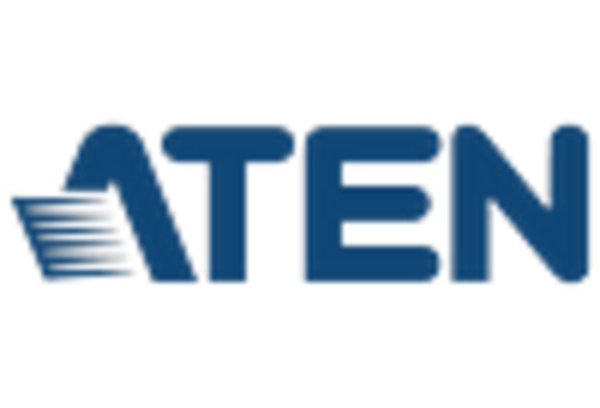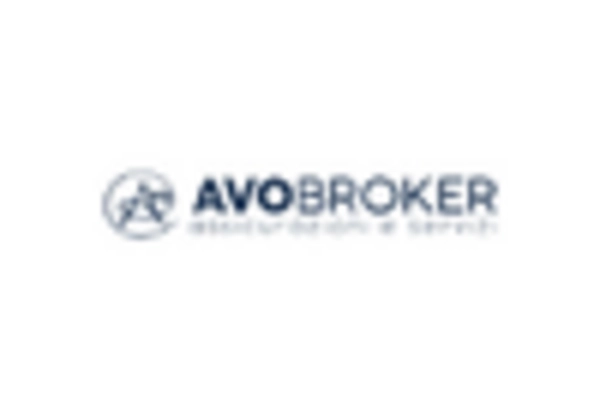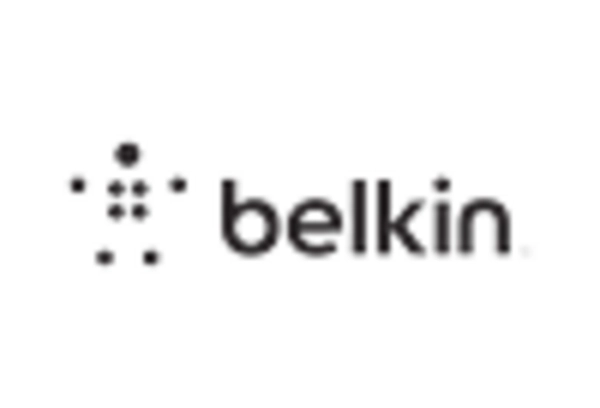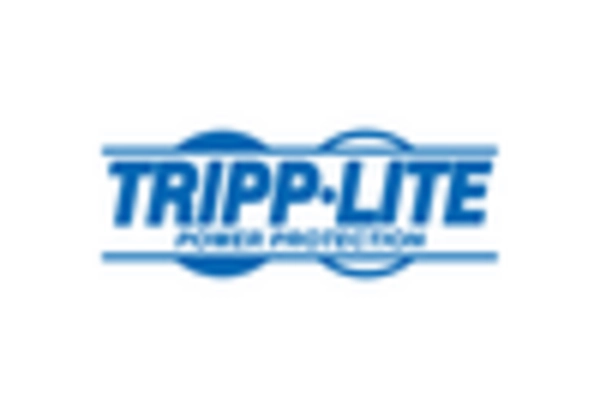Emergence of Edge Computing
The emergence of edge computing is reshaping the landscape of the kvm market in South Korea. As businesses increasingly deploy edge devices to process data closer to the source, the need for efficient virtualization solutions becomes critical. KVM technology can facilitate the management of distributed resources, enabling organizations to optimize their edge computing strategies. This trend is particularly relevant as industries such as manufacturing and telecommunications seek to harness the benefits of real-time data processing. The kvm market is likely to see a surge in demand as companies invest in virtualization solutions that support their edge computing initiatives, potentially leading to a market growth rate of 10% in the coming years.
Growth of Remote Work Culture
The kvm market is significantly impacted by the growth of remote work culture in South Korea. As organizations adapt to flexible work arrangements, the demand for virtualization solutions that facilitate remote access to resources has surged. KVM technology enables employees to access their work environments securely from various locations, thereby enhancing productivity and collaboration. Recent surveys indicate that approximately 60% of South Korean companies have adopted remote work policies, driving the need for effective KVM solutions. This shift not only transforms workplace dynamics but also positions the kvm market as a crucial enabler of remote work, fostering innovation and efficiency in business operations.
Rising Focus on Data Security
In the context of the kvm market, the rising focus on data security is a critical driver influencing purchasing decisions among South Korean enterprises. With increasing cyber threats and data breaches, organizations are prioritizing secure virtualization solutions. KVM technology offers enhanced security features, such as isolation and access control, which are vital for protecting sensitive information. Recent studies indicate that 70% of businesses in South Korea are investing in advanced security measures, including KVM solutions, to safeguard their data. This trend underscores the importance of security in the kvm market, as companies seek to mitigate risks associated with virtualization and ensure compliance with stringent data protection regulations.
Increased Adoption of Cloud Computing
The kvm market in South Korea is experiencing a notable surge in demand due to the increased adoption of cloud computing solutions. As businesses transition to cloud-based infrastructures, the need for efficient virtualization technologies becomes paramount. This shift is evidenced by a reported growth rate of approximately 15% in cloud services over the past year. Organizations are seeking KVM solutions to optimize resource allocation and enhance operational efficiency. The kvm market is thus positioned to benefit from this trend, as companies require robust virtualization platforms to support their cloud strategies. Furthermore, the integration of KVM with cloud services allows for improved scalability and flexibility, which are essential for modern enterprises aiming to remain competitive in a rapidly evolving digital landscape.
Technological Advancements in Virtualization
Technological advancements in virtualization are propelling the kvm market forward in South Korea. Innovations such as improved hypervisor capabilities and enhanced performance metrics are making KVM solutions more attractive to businesses. The introduction of features like live migration and better resource management is likely to increase the adoption of KVM technology across various sectors. Reports suggest that the market for virtualization software is expected to grow by 12% annually, indicating a robust interest in KVM solutions. As organizations seek to leverage these advancements, the kvm market stands to gain from the heightened demand for cutting-edge virtualization technologies that drive operational efficiency and cost savings.

